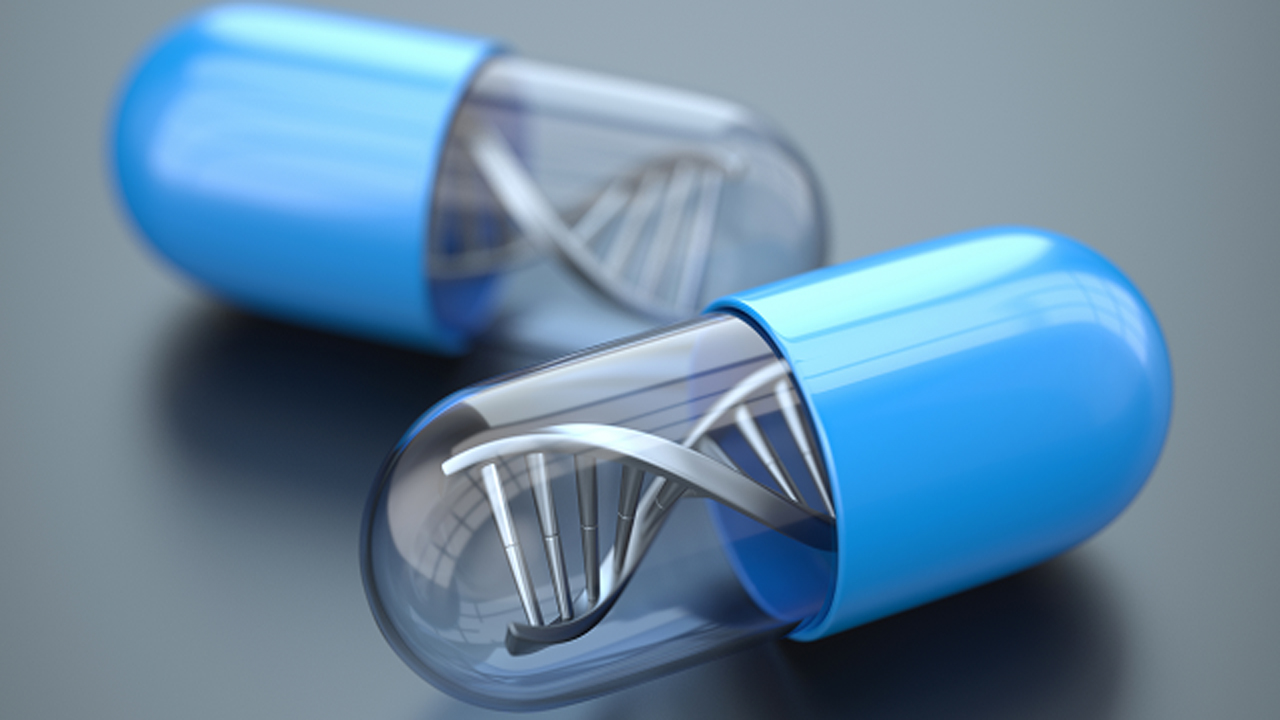Orchard Therapeutics, a global gene therapy leader, recently announced that the U.S. Food and Drug Administration (FDA) has cleared the company’s Investigational New Drug (IND) application for OTL-200, an autologous, hematopoietic stem cell, lentiviral vector-based gene therapy in development for the treatment of metachromatic leukodystrophy (MLD). The company also has applied for Regenerative Medicine Advanced Therapy (RMAT) designation for OTL-200 to help facilitate additional dialogue with the FDA on this important therapy.
“MLD is a devastating and rapidly progressing disease, especially in its most severe form where it causes young children to lose skills they once had, such as the ability to walk, talk and engage with the world around them. Sadly, most of these children will pass away by the age of five, and their families are left with no real options other than palliative care,” said Bobby Gaspar, M.D., Ph.D., chief executive officer, Orchard Therapeutics.
“We are committed to bringing OTL-200 forward as a potential treatment for children with this fatal neurodegenerative condition. The FDA’s allowance of the IND associated with OTL-200 to move forward represents an important milestone on our journey, especially given our recent receipt of a positive CHMP opinion from the European Medicines Agency recommending full marketing authorization for the therapy.”
As part of the IND filing, Orchard provided to the FDA data on 39 patients, including 9 patients from the U.S., who have received OTL-200 as part of clinical studies and compassionate use programs conducted at the San Raffaele-Telethon Institute for Gene Therapy in Milan, Italy. The company has post-treatment follow-up data of up to eight years in the earliest treated patients in these programs.
“Based on the extensive clinical data gathered to date, we believe that OTL-200 offers tremendous potential to transform the lives of many young patients with MLD,” Gaspar continued. “The IND provides an opportunity for open dialogue with the FDA, allowing us to share the comprehensive data set that we have already collected in the clinical development program and to determine a path to file a Biologics License Application for regulatory approval of OTL-200 in the U.S.”
Metachromatic leukodystrophy (MLD) is a rare and life-threatening inherited disease of the body’s metabolic system occurring in approximately one in every 100,000 live births in the U.S. MLD is caused by a mutation in the arylsulfatase-A (ARSA) gene that results in the accumulation of sulfatides in the brain and other areas of the body, including the liver, gallbladder, kidneys, and/or spleen. Over time, the nervous system is damaged, leading to neurological problems such as motor, behavioral and cognitive regression, severe spasticity and seizures.
Patients with MLD gradually lose the ability to move, talk, swallow, eat and see. Currently, there are no approved treatments for MLD. In its late infantile form, mortality at 5 years from onset is estimated at 50% and 44% at 10 years for juvenile patients.1 OTL-200 (autologous CD34+ cell enriched population that contains hematopoietic stem and progenitor cells (HSPC) transduced ex vivo using a lentiviral vector encoding the human arylsulfatase-A (ARSA) gene) is an investigational therapy being studied for the treatment of MLD in certain patients. OTL-200 was acquired from GSK in April 2018 and originated from a pioneering collaboration between GSK and the Hospital San Raffaele and Fondazione Telethon, acting through their joint San Raffaele-Telethon Institute for Gene Therapy in Milan, initiated in 2010.

 The company believes that OTL-200 offers tremendous potential to transform the lives of many young patients with MLD
The company believes that OTL-200 offers tremendous potential to transform the lives of many young patients with MLD










.jpeg)











.jpg)








